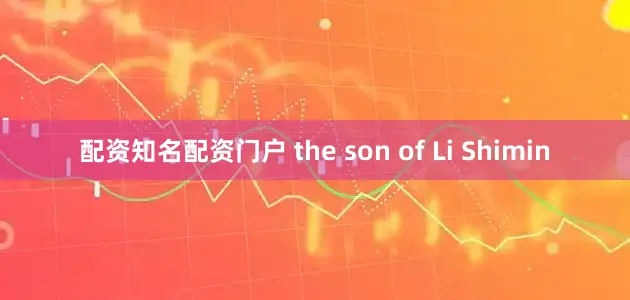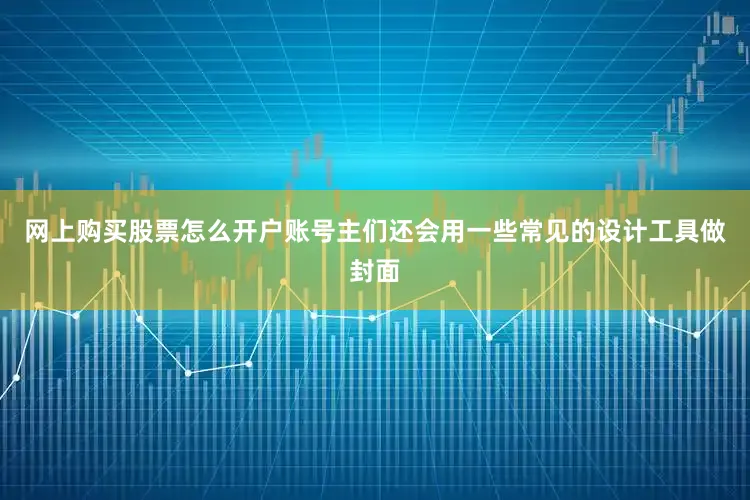
Wu Zetian, the only female emperor in Chinese history, is renowned for her formidable and ruthless approach to governance. She wielded power with an iron fist, ruling the empire through her strong-handed tactics, from her control over the court to her involvement in large-scale purges. Her administration was characterized by the employment of harsh officials who executed her will, making her one of the most fearsome rulers of her time. Despite her formidable reputation, she was still a woman, shaped by the same emotions and desires that define human nature.
展开剩余91%Throughout her life, Wu Zetian shared intimate relationships with two emperors, Li Shimin and Li Zhi, leaving behind a legacy of romantic entanglements that have captivated historians and the public alike. She also had several male companions, such as Xue Huaiyi, Zhang Yizhi, and Zhang Changzong, who were part of her personal life in the male-dominated society of the Tang Dynasty. These relationships, especially the emotional complexities she navigated with these men, continue to be a topic of fascination. But who was the man Wu Zetian loved most deeply?
Wu Zetian’s life journey is nothing short of legendary, rising from a palace maid to the Empress Consort, and eventually to the throne as Empress Regnant. Her path was entwined with figures such as Li Shimin, Li Zhi, and various male lovers who played significant roles in her emotional and political life. Her romantic journey began with Li Shimin, the mighty Emperor Taizong, whose impressive presence and leadership captivated the young Wu. However, their emotional bond faded over time, as Wu Zetian’s position in the palace remained unchanged, and she was gradually distanced from Li Shimin’s affection.
Her life took a decisive turn when Li Zhi, the son of Li Shimin, entered the picture. Li Zhi not only brought her love but also political support, culminating in her ascent to the position of Empress. When Li Zhi became emperor, he made sure to bring her back into the palace, restoring her dignity and providing her with the power she had long been denied. In this relationship, Wu Zetian experienced a sense of being loved and needed, both emotionally and politically.
However, Li Zhi’s premature death left Wu Zetian with a void. As her political power grew, her personal life became a focal point of public curiosity. Figures such as Xue Huaiyi, Shen Nanliao, Zhang Yizhi, and Zhang Changzong entered her life during this period, each adding complexity to her emotional world. Xue Huaiyi, the mysterious monk, was said to have been a spiritual guide to Wu Zetian, introducing her to the teachings of Buddhism and deeply influencing her intellectual and spiritual growth.
Shen Nanliao, a skilled imperial physician, won Wu Zetian’s favor with his medical expertise and wisdom. Though their relationship was subtle, Shen Nanliao became a key figure in Wu Zetian's later years, offering emotional support and comfort during a time of loneliness. Zhang Yizhi and his brother Zhang Changzong were among the most favored of Wu Zetian’s male companions. Their youthful charm and talent earned them a special place in her heart, but their fates were tragically sealed by the brutal power struggles of the Tang court. Their tragic end serves as a poignant reminder of Wu Zetian’s unrelenting approach to power and her willingness to sever ties when necessary.
Despite the various men who entered her life, Wu Zetian’s emotional needs seemed to go beyond any one individual. Her insatiable pursuit of power often overshadowed romantic entanglements, and her reign exemplified her determination to rule with absolute authority. Yet, beneath her fierce exterior, she longed for genuine love and companionship.
So, who was the man Wu Zetian loved most? This question remained unanswered until an archaeological discovery in 1987, which shed new light on her deepest affections. During the restoration of a collapsed pagoda at the Famen Temple in Shaanxi Province, a grand underground tomb was uncovered, confirmed to be that of Wu Zetian. Inside the tomb, numerous treasures from the Tang Dynasty were found, but the most striking was a beautiful pomegranate-patterned skirt, which had been delicately embroidered with fine gold thread. The skirt, fragile and preserved in a special freezer, became a symbol of her love for Li Zhi.
The pomegranate skirt was linked to a poignant moment in Wu Zetian’s life. During the illness of her first husband, Li Shimin, she had worn the skirt to meet Li Zhi. It was during this time that their romance blossomed. After Li Shimin’s death, Wu Zetian entered religious seclusion and composed a heartfelt poem expressing her profound yearning for Li Zhi. The poem read:
“Looking at the vermilion turning green, thoughts wander,
Worn and weary, I remember you.
I don’t believe my tears have lasted,
Open the box and find the pomegranate skirt.”
The first lines express the emotional turmoil caused by longing, while the latter lines refer to the tears that stained her clothes, with the pomegranate skirt serving as a reminder of her deep affection. She preserved this skirt as a testament to her enduring love for Li Zhi. Later, she placed it in the Famen Temple’s tomb, preserving it as an eternal tribute to the love she cherished most.
Throughout her life, the six men who entered Wu Zetian’s world each played a unique role, contributing different facets to her emotional and political life. Yet, the preservation of the pomegranate skirt and Wu Zetian’s final wish to be buried alongside Li Zhi indicate that, in her heart, it was Li Zhi who held the most special place. Even at the age of 82, when she passed away, Wu Zetian expressed her desire to be buried with Li Zhi, casting aside all her imperial glory to embrace her identity as his wife. This final act is a testament to the profound and enduring love Wu Zetian had for Li Zhi, the man who remained the most significant in her life.
发布于:天津市财盛证券-股指配资-配资专业股票-最好的股票配资平台提示:文章来自网络,不代表本站观点。






